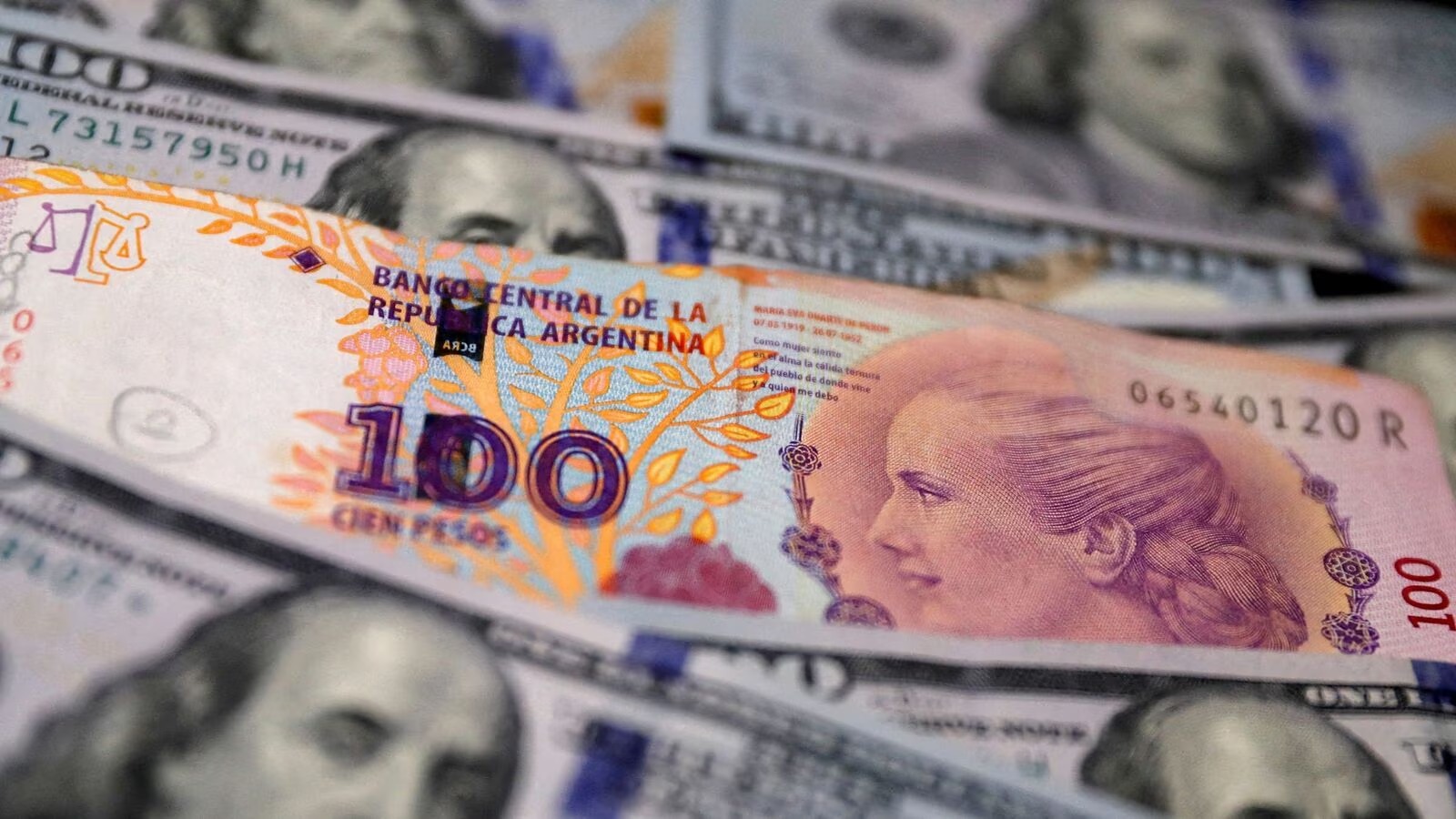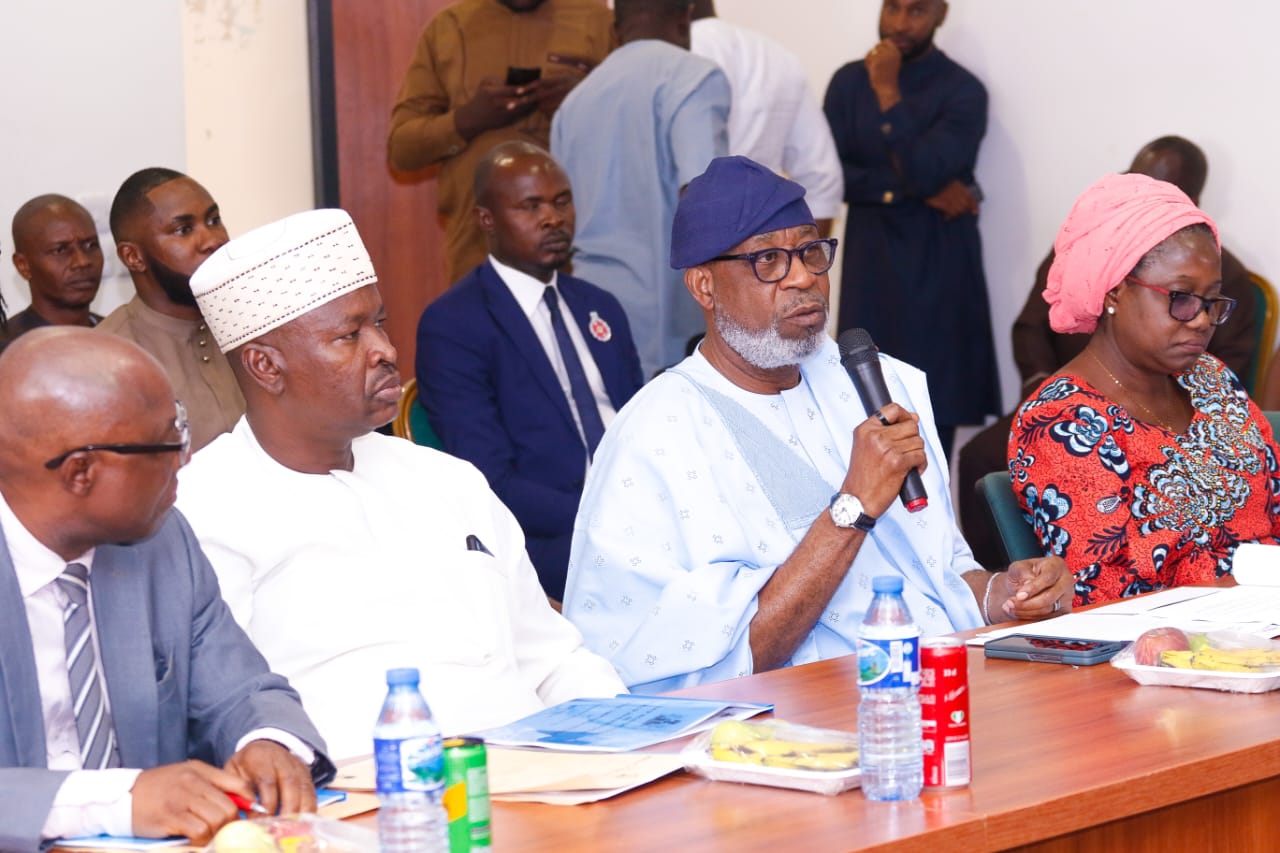To fix its current economic downturn, Argentina plans to weaken its peso, the country’s national currency, by over 50 percent.
The move changes the dollar conversion rate to 800 pesos per dollar from 365 pesos and comes just days into libertarian President Javier Milei’s term.
Announcing the policy on Tuesday, Luis Caputo, the country’s economy minister, said the plan would be painful in the short-term but was needed to cut the fiscal deficit and bring down triple-digit inflation.
“The objective is simply: to avoid catastrophe and get the economy back on track,” the minister said.
Advertisement
Caputo said the policy is needed to tackle a “deep fiscal deficit” he pegged at 5.5 percent of Argentina’s GDP, noting that the South American nation has had a fiscal deficit for 113 of the last 123 years — the cause of its economic woes.
“We’re here to solve this problem at the root. For this we need to solve our addiction to a fiscal deficit,” he said.
GOVERNMENT TO CUT STATE JOB, TRANSPORT SUBSIDIES
Advertisement
As part of the new measures, Caputo said the government is cancelling tenders of any public works projects and cutting some state jobs to reduce the size of the government.
He also announced cuts to energy and transportation subsidies without providing details or saying by how much.
The minister said Milei’s administration is reducing the number of ministries from 18 to nine.
Other measures include ending transfers to local governments, and a temporary increase in non-agricultural taxes for exports and imports to the same level of the agricultural industry for uniformity.
Advertisement
The government also announced a temporary expansion of direct aid through the child benefit and food aid debit card.
The International Monetary Fund (IMF) welcomed the measures, saying they provide “a good foundation” for further discussions with Argentina about its debt with the institution.
Argentina’s government has battled a chronic debt challenge for years.
In 2022, Argentinia’s ex-President Alberto Fernandez secured an outline deal with the IMF to restructure $44.5 billion of debt from a record 2018 bailout.
Advertisement
The country has also has defaulted on its international sovereign debt three times — in 2001, 2014, and in 2020, in the middle of the COVID-19 pandemic.
Advertisement
Add a comment






